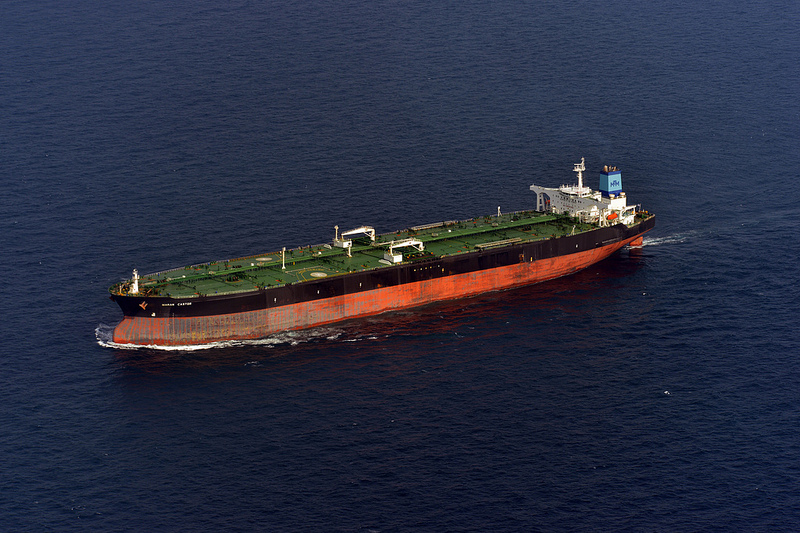
Big implications from a few minor shipments of crude. Also, the OPEC+Russia meeting over the weekend did not result in any agreement to hold production at current levels.
4/19 – Bakken.com – Bakken crude sold as export first time since ban lifted – Not a big story by itself but the implications are huge. Hess Corp. shipped the first-ever load of 175K barrels of Bakken crude to an unspecified European refinery.
This follows Exxon shipping 18K barrels of oil to a refinery in Netherlands.
These are completely inconsequential shipments in terms of the world-wide oil industry, but are tremendously important for what will follow: US crude can now be sold on the world market.
2/22 – Bloomberg – The Trickle of U.S. Oil Exports Is Already Shifting Global Power – The ban on exporting American crude came to an end on December 18, 2015. Article says first shipment was to France.
The Holland shipment mentioned above was the second ever for US crude. Article says 700K barrels were recently sold, with shipment in March, to an Israeli refinery.
Mark Mills calls this a game changer for the world-wide market of crude oil. That US crude can be sold internationally will undercut the power of Russia and OPEC to dominate the market. This will create pressure for prices to float to a market-clearing level instead of being dominated by any one player.
Mr. Mills points out there are major geopolitical issues. As a trivial illustration, let’s say you are a refinery in Latin America or Southeast Asia. Having an offer at the same price from a Russian, Saudi, or American vendor, who would you choose? Advantage goes to the American vendor because there will not be a risk of losing shipments because of some an intentional political agenda or unrelated political issue.
4/18 – Wall Street Journal – Oil Falls Below $40 a Barrel After Output Deal Fails – The OPEC plus Russia meeting in Doha, Qatar on 4/17 did not result in an agreement to freeze production. Stated reason, according to the article, is Saudi Arabia would not agree to hold production at current levels unless Iran also did so.